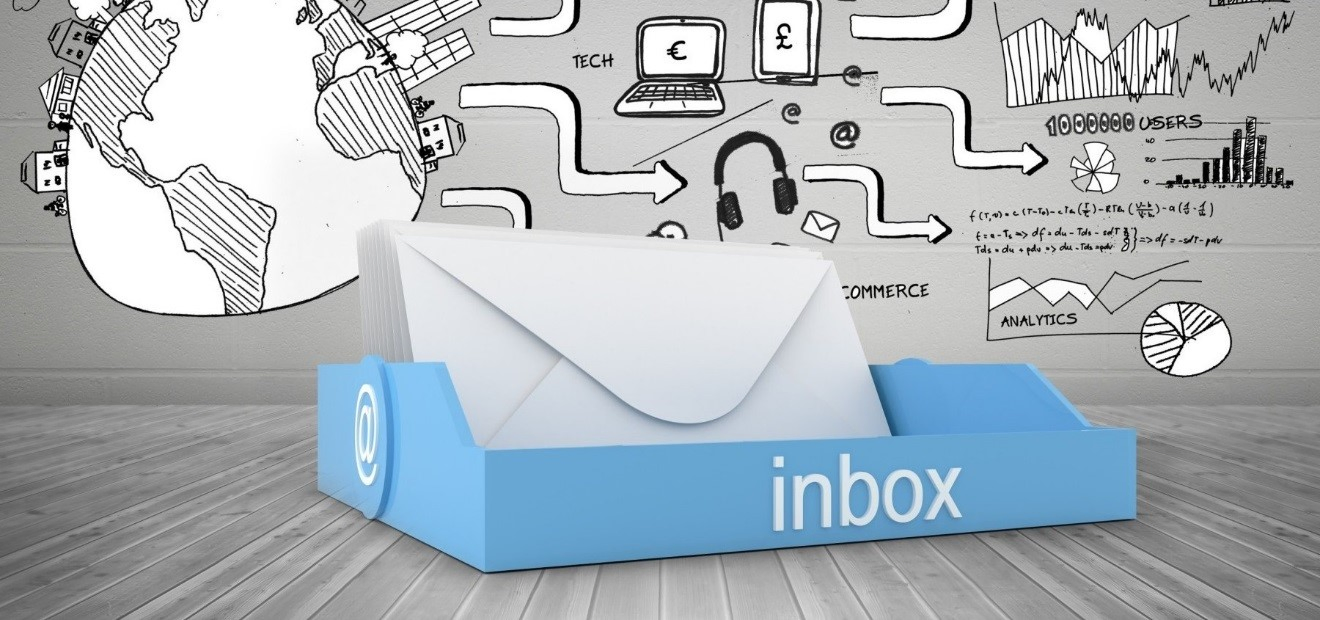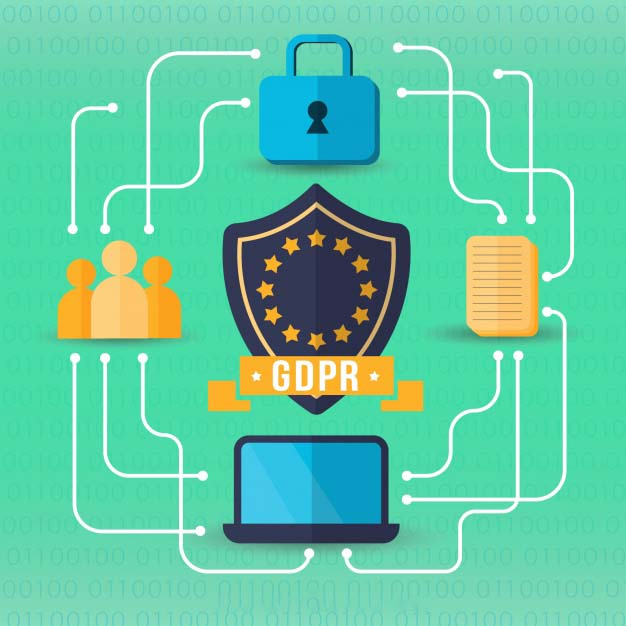Subscribe to Newsletter
Stay up-to-date with the latest tips & strategies. Get additional discounts & alerts on offers.

Leading MNCs like Microsoft, Google, Facebook, and LinkedIn deal with crucial information of the end-users. They use this data in multiple ways to meet their business goals. Any sort of negligence, unofficial access to these data sets can impair their business growth as well as user’s life.
To avoid such mishaps these leading MNCs and small businesses include a few data protection regulations in their business policy. Basically, these data protection regulations place a few constraints on the usage of customers’ personal data to avoid serious data breaches.
During the era of email marketing campaigns, recipients were annoyed with the filled-in boxes, this provoked them to categorize the received advertising emails into spam lists. In fact, this resulted in a drastic effect on the marketing campaigns. Thus, the U.S Nation’s consumer protection agency named Federal Trade Commission (FTC) enforced the CAN-SPAM ACT (Controlling the Assault of Non-Solicited Pornography and Marketing) ACT to help the marketers and email recipients.

CAN-SPAM ACT is a law that initiates a set of rules for commercial email and messages. Basically, it offers privileges to the recipients to stop the emails or messages received from annoying sources. This reduces the chances of advertising emails getting categorized as spam. And it even helps recipients to figure out the penalties for those who violate the law.
Following are the rules to be followed by email marketing companies to avoid massive penalties and deterioration of the company’s image in the global market.
GDPR leaves a substantial impact on the businesses that deal with EU citizens’ personal data for business benefits. It was enforced by the European Union to provide secure transactions of European citizens’ personal data within their states. This law is not limited to European businesses that use citizens’ personal data to expand their business. In fact, it is applicable for all the businesses across the globe that use EU citizens’ personal data to advertise their goods and services in EU territories.

Basically, this data protection regulation will ensure that a user’s personal data like email address, phone number, job title are protected and even their updates on social media sites like Facebook and LinkedIn are not misused.
Actually, prior to the invasion of the Internet and new technologies, Europe incorporated Data Protection Directive law to define the rules for the information management systems. Unfortunately, this law failed to protect the privacy of European citizens in the digital age, as the transactions were held through electronic mode.
Many businesses inferred their own thoughts from the directive, as its scope and penalties were weak. To avoid such consequences, the EU union introduced GDPR which could blend rules and introduce strict rules with high penalties. Eventually, it ensures that EU citizens have the privilege to protect their personal data across Europe.
Today, many businesses use the personal data of users to directly market their products or services as it helps them in reaching potential customers on time without any interference from third-party businesses. On the other side, unfortunately, due to technical errors or misuse of customer data have led to serious data breaches.
So, to avoid such data breaches, certain governing bodies have introduced few data protection regulations like GDPR. In addition to this, email regulation laws like CAN-SPAM ACT LAW offers the full privilege to the email recipient to receive only relevant emails from the sender.
In forthcoming years, marketers need to incorporate these regulations to earn a reputation and set a remarkable position in the global marketing world. Since the incorporation of GDPR will help them maintain transparency while processing and controlling users’ personal data. In addition to this, the CAN-SPAM ACT will guide them to conduct a productive email marketing campaign.
Moreover, we at DataCaptive, understand the importance of customer data protection as well as the need for high-yielding email marketing campaigns. Hence, we incorporate data protection regulations like GDPR and CAN-SPAM ACT to restore the privilege of user data and yield in a productive email marketing campaign.
Show some love!

Subscribe to Newsletter
Stay up-to-date with the latest tips & strategies. Get additional discounts & alerts on offers.
Related Articles
Subscribe to Newsletter
Stay up to date with the latest marketing, sales, and service tips and news.
Enter Your Details